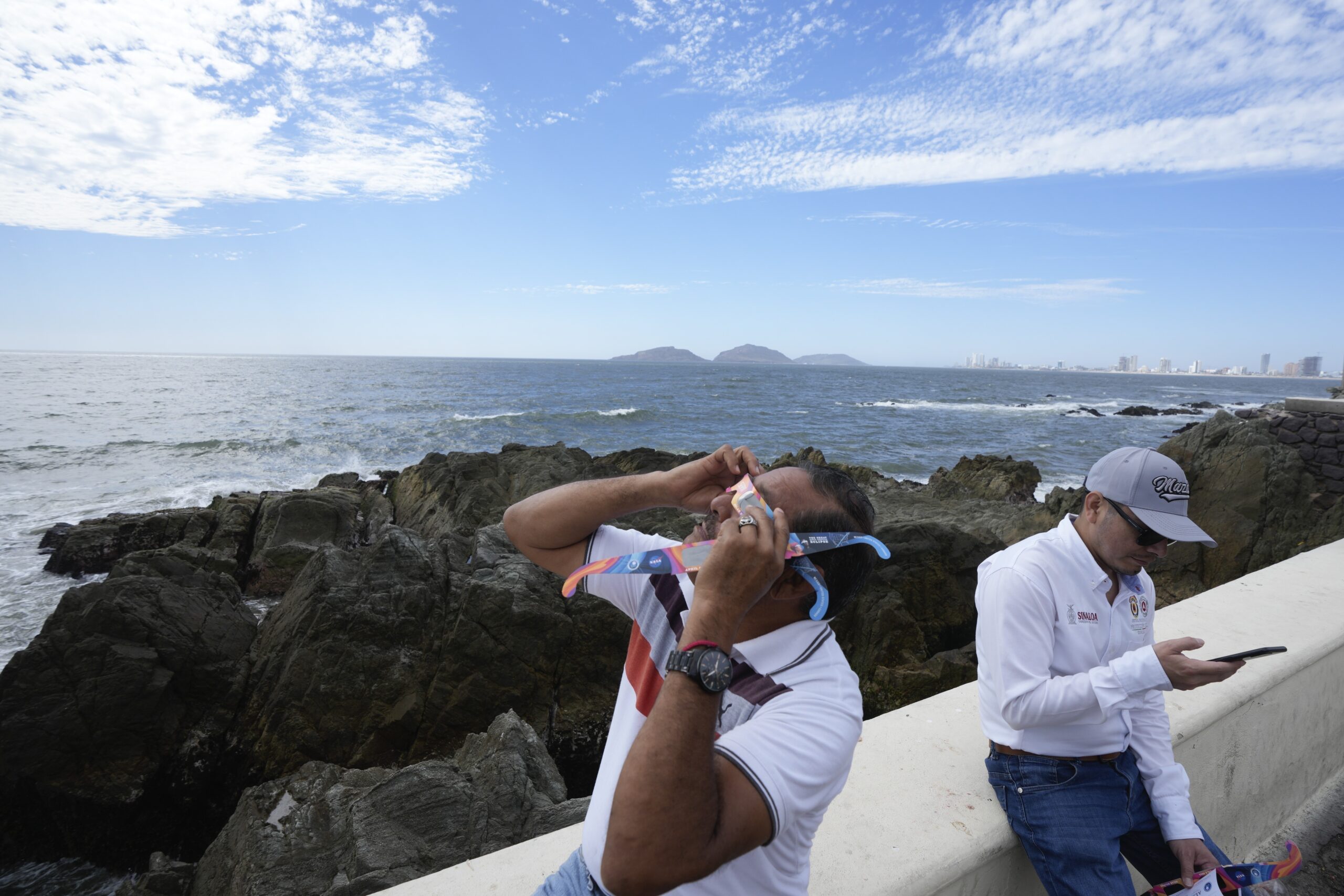
By Montserrat Arqué
08 Apr 2024, 12:42 PM EDT
The total solar eclipse this Monday, April 8, which can be seen in the United States and in several regions of the rest of North America, has generated a wave of concern on social networks, where several users have shared some experiences related to physical discomfort. attributed to the cosmic phenomenon.
Headaches, insomnia, irregular menstrual cycles and other symptoms have been reported, leaving many wondering if there really is a connection between the solar eclipse and human health.
In the week before the solar eclipse, social media was flooded with posts from people claiming to feel sick or experiencing discomfort that they attributed to this phenomenon and the supposed influence of Mercury retrograde. Users expressed concern about the coincidence of their symptoms with the proximity of the eclipse, generating debates about the possible relationship between cosmic events and health.
to my spiritual oomfies: any of u also experiencing headache bc of the solar eclipse?? :((
— luc. ˑִֶ 🍊 (@kittenmuqing) April 5, 2024
Been feeling physically sick for a few days now and I feel like it’s because of the Mercury retrograde and the upcoming solar eclipse.
Does anyone else feel off/sick these days? #star
— Margie Ramos ☀️ ✨ (@itsmargieramos) April 7, 2024
Is the so-called “eclipse disease” real?
NASA and other astronomy experts have dismissed these claims as part of what they call “cosmic hypochondria.”
According to the Space Agency, there is no scientific evidence to support a direct relationship between a total solar eclipse and human health. The reported symptoms could be more related to psychological factors or temporal coincidences, rather than an actual astronomical influence.
Despite the lack of scientific evidence, some individuals continue to believe in the connection between the eclipse and their discomfort. This phenomenon illustrates how collective perception can influence the interpretation of natural events, even when science suggests otherwise.
However, while the virtual community debates the relationship between the eclipse and health, there is a real risk associated with viewing the solar eclipse: eye damage. Experts warn that looking directly at the sun during an eclipse without proper protection can cause permanent damage to the retina, resulting in vision problems or even blindness.
Rick Fienberg, project director of the AAS Solar Eclipse Working Group, warns that special eclipse lenses should be “at least 1,000 times darker than even regular sunglasses.” This safety measure ensures adequate protection against intense sunlight during an eclipse.
Keep reading:
* Is it safe to go outside during the solar eclipse?
* Prophecies and predictions related to the solar eclipse
* Tips for drivers during today’s solar eclipse, Monday, April 8
